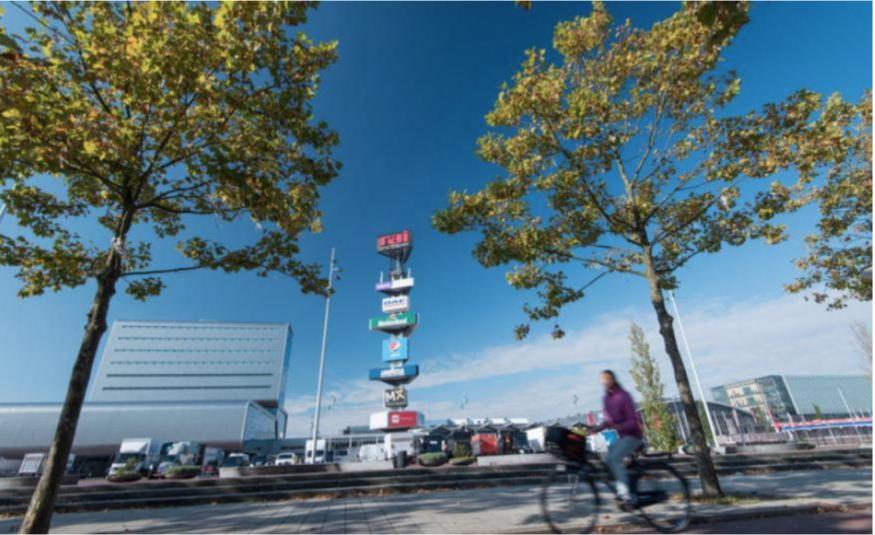The Dutch government has announced a three-stage reopening and says it will lift almost all Covid related restrictions by 25 February.
Although Covid-19 infection rates remain high in the country, hospital admissions remain stable. The Dutch government announcement was made at a press conference led by health minister Ernst Kuipers, 15 February, and means trade fair and conference attendees will no longer have to show a negative Covid test result to attend an event.
Where a “continuous flow of visitors” is not possible in indoor locations accommodating more than 500 people (such as festivals and night clubs) the testing rule will remain in place pending a further review in March at least.
"We’re very happy and excited that our sector is finally able to open up again," Eric Bakermans, director marketing meetings and conventions at the Netherlands Board of Tourism and Conventions (NBTC) tells EW. "Based on what I’ve heard from all our partners, their clients are very eager to talk business again as we have a much better perspective now compared to the recent past. And let’s not forget there’s also still a lot of catching up to do when it comes to postponed events as well."
“We welcome the full relaxation of measures for events and the way they are becoming accessible to visitors,” commented RAI Amsterdam COO Maurits van der Sluis. “The RAI will obviously continue to adhere to the current hygiene regulations prescribed by the health authorities and ensure people are made aware of them. We will also keep a close eye on developments to ensure a safe, responsible and hospitable RAI Amsterdam at all times. Everyone at the RAI is looking forward to organising and facilitating fantastic events again. We are ready.”
UFI CEO Kai Hattendorf also welcomed the Dutch government’s move, saying “it separates business events from other event types, and eases access for everyone to return to the meeting places and market places that our industry builds and operates”.
Step 1 of the opening up plan is effective immediately with the recommendation to receive no more than four visitors a day cancelled and advice on working from home as much as possible changed to a recommendation to work no more than half the time at the office.
Under Step 2, effective 18 February, all locations and venues in the Netherlands will be allowed to stay open until 1am. Until 25 February, a coronavirus entry pass (3G) must be shown at venues and sporting events, restaurants and bars. It will no longer be mandatory to wear a face mask or keep 1.5m apart except at locations accommodating more than 500 people, where assigned seating and face masks will still be mandatory. The recommended period of self-isolation after a positive test result will be shortened to five days.
At Step 3, effective 25 February, opening times will return to normal and requirements to show the 3G entry pass at locations accommodating fewer than 500 people will be scrapped. That means events can open up without limitations. Only where there is more than 500 people and no assigned seating must a negative test result still be shown. Where there is a continuous flow of visitors, such as trade fairs and conferences, this does not apply.
On 15 March the Dutch government will evaluate the remaining rules including the face mask requirement for public transport, the pre-admission testing requirement (1G) and the advice on working from home.
All the rules, recommendations and conditions are explained in more detail at government.nl/coronavirus.
The Netherlands’ decision to scrap restrictions comes in the wake of similar decisions in Denmark, Sweden, England, and Norway.
The Netherlands Ministry of Foreign Affairs will also no longer issue travel advisories based solely on a country’s coronavirus situation. Instead, it will take all security and health risks into consideration. This means that travel outside Europe will soon become easier. From 25 February, travellers arriving in the Netherlands will no longer be required to self-quarantine.





